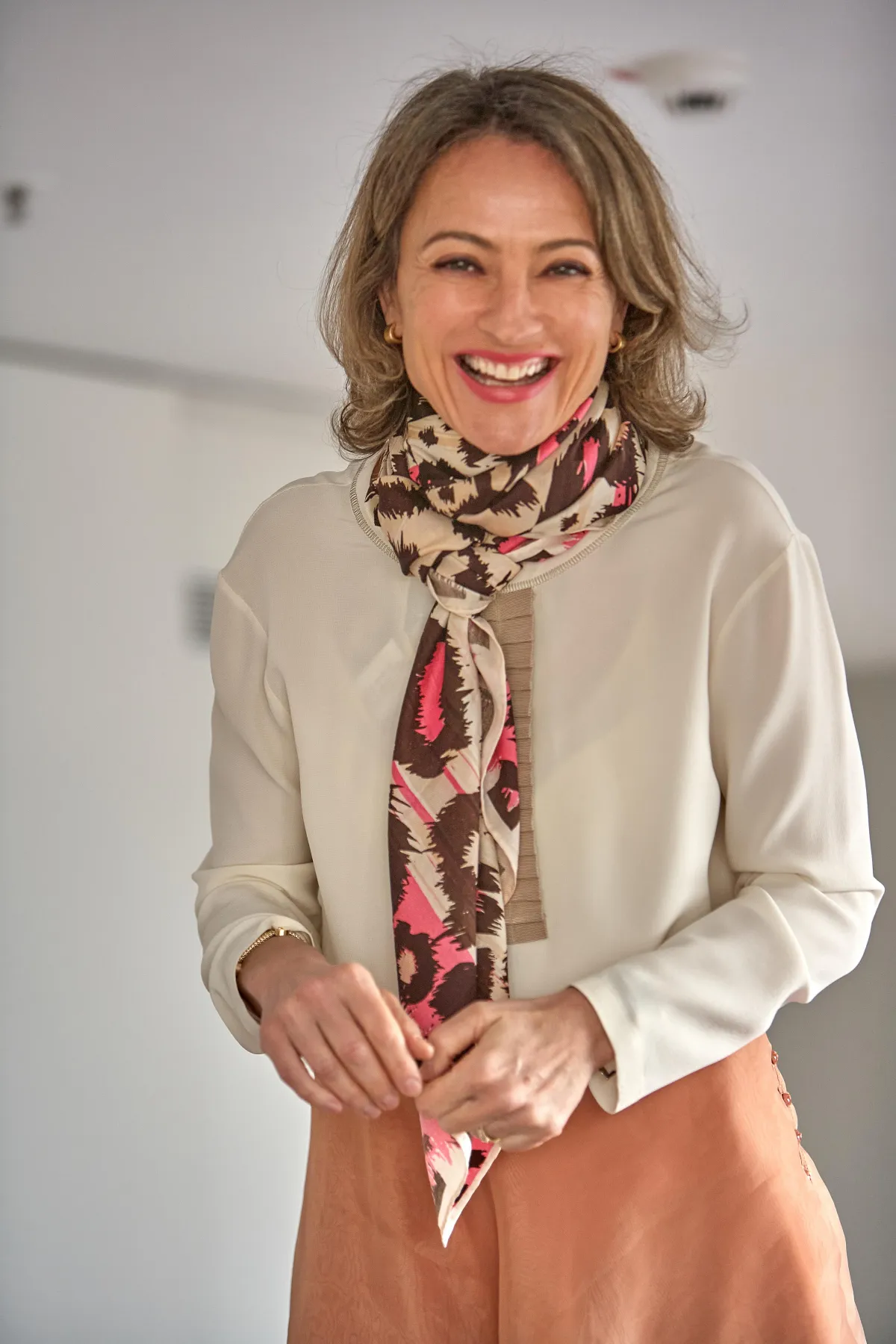
Special Guest Expert - Dr. Zrinka K. Fidermuc Maler

Dr. Zrinka K. Fidermuc Maler
Dr. Zrinka provides as empowerment coach, trainer and mentor guidance on personal mental, emotional and physical development and self-empowerment. Dr. Zrinka was a competitive athlete (synchronised swimmer) in the young democratic Croatia. Dr. Zrinka spent her early 20s in the war in Croatia in the early 90s working on the war front for international humanitarian organisations. During the war time the feeling of insecurity and the lack of control over her own life was overwhelming but her emotional and physical resilience expanded during that time and equipped her with the stamina, focus and positive thinking. Today she uses all the skills and her personal life-changing experiences and coaches employees in companies to develop their potential fully despite the circumstances. She coaches people to turn their negative thinking and feelings into positive for the betterment of their personal life but also for the betterment of the company they work for. Thus building a stimulating, productive and uplifting environment where innovations, expansion and fun are possible. She stands for the mental and emotional toughness that is led by the „no excuse“ policy.
Connect with Zrinka:
Please Share This With Your Followers
